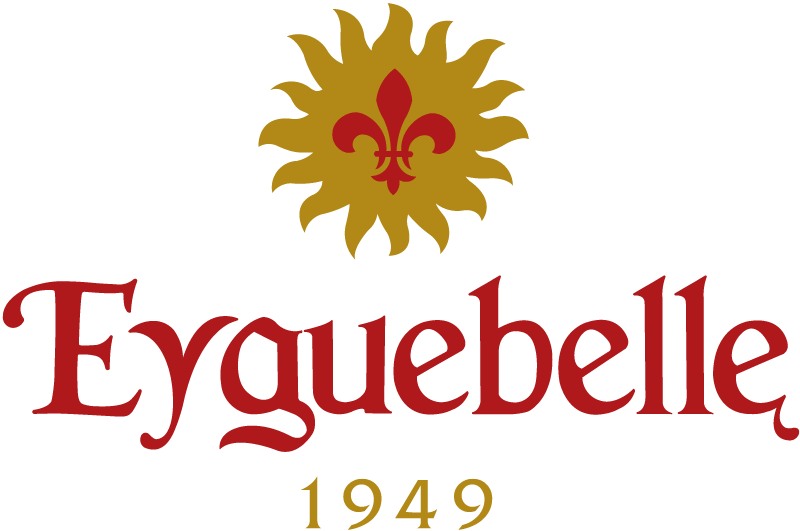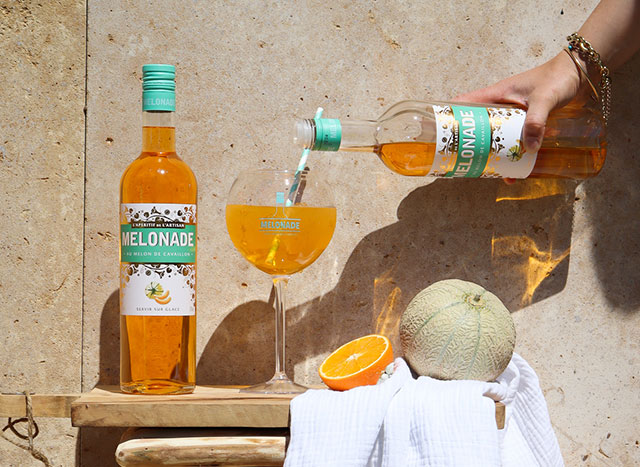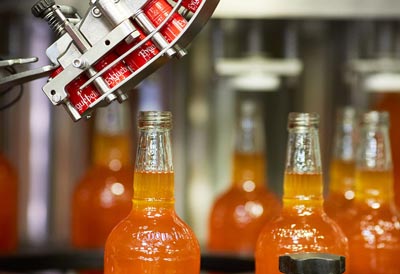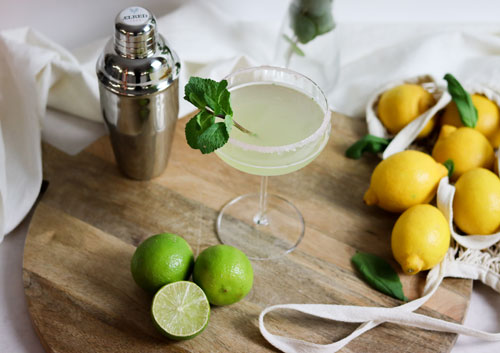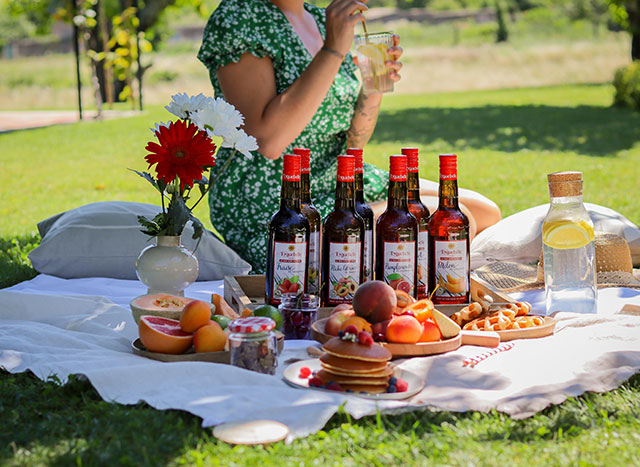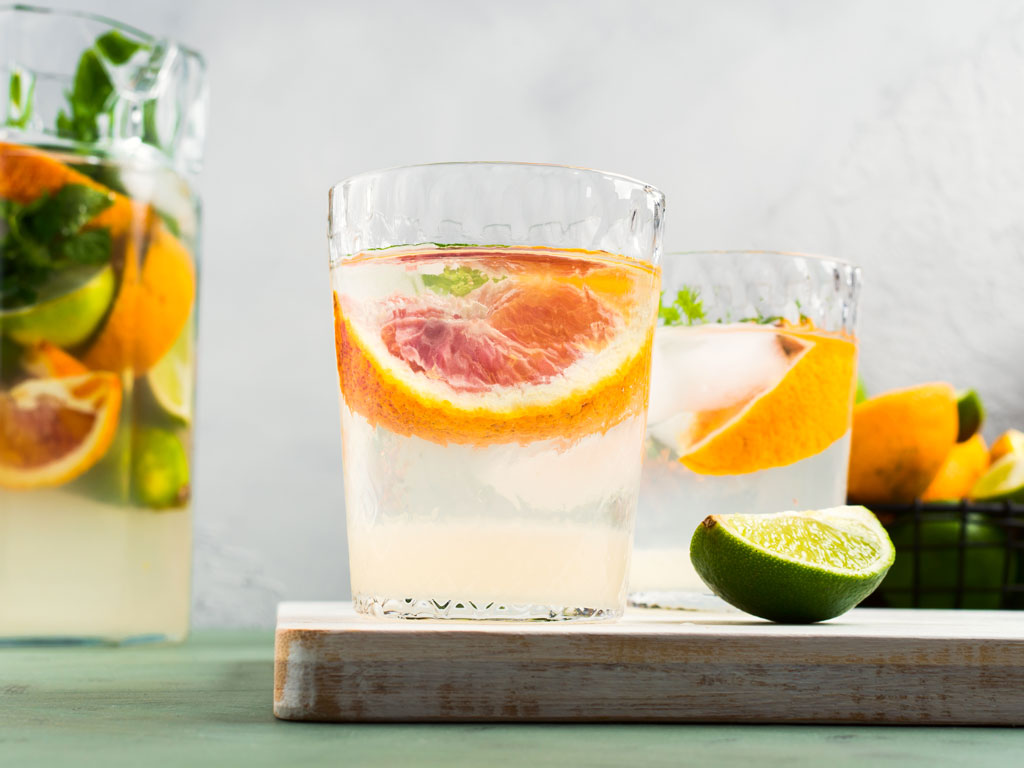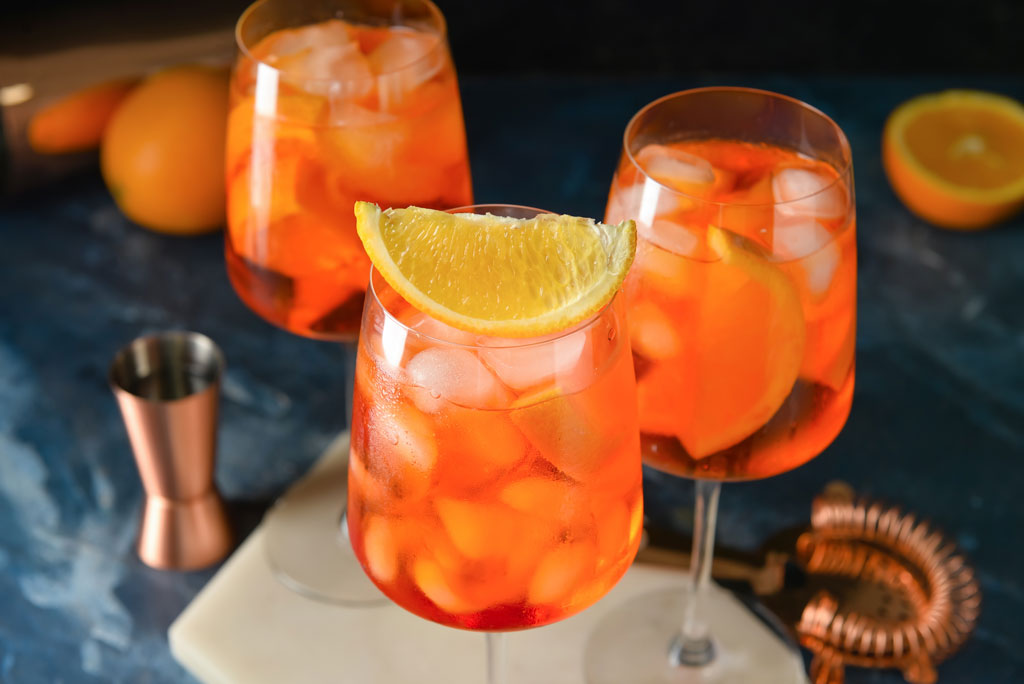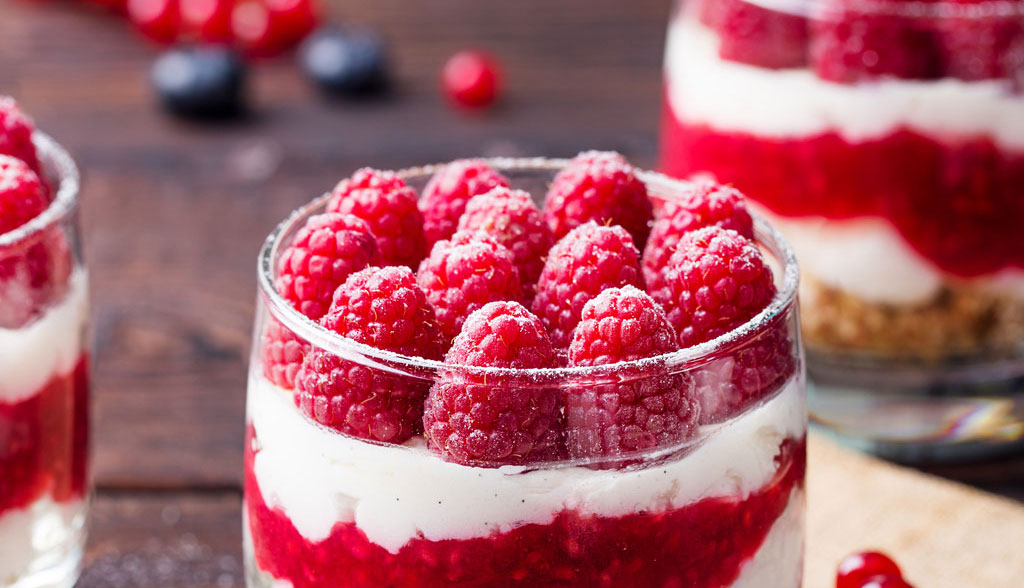
Liqueur or cream? This is one of the big questions we often ask ourselves when serving an aperitif!
Eyguebelle has decided to clear up the confusion between liqueur and fruit cream once and for all.
Here are 3 tips to make sure you always make the right choice between liqueur and cream without getting into trouble.
Tip 1: Know the difference between cream and liqueur
What is a liqueur? What is a cream?
It seems obvious, but many people don't know the difference between a liqueur and a cream. Let's get to the bottom of it straight away: a fruit cream is a liqueur. TADAM!
And now you're completely lost, aren't you?
Let us explain. A liqueur is an alcohol (neutral at first) sweetened and flavoured. Fruit cream belongs to the large family of liqueurs. It is a derivative, a sub-category of this type of alcohol. The main difference between liqueur and fruit cream is the sugar content of the product.
A liqueur has a minimum sugar content of 100 grams per litre and an alcohol content of between 15 and 55°. Liqueurs with more than 250 grams of sugar per litre are called "creams".
The regulations do not specify the alcohol content of creams, but as a matter of principle, liqueur manufacturers make them lighter than liqueurs. So 'cream' = more sugar and less alcohol than liqueurs.
Tip No. 2: Know the different types of liqueur
That's right. Another simple but common-sense tip. To make the right choice, it's a good idea to know the different types of liqueur, as they have different uses (yes, we're getting to that :-) ). The main categories of liqueur are: herbal liqueurs, fruit liqueurs and fruit creams.
Plant liqueurs are at the origin of liqueur production. They were originally developed in France by monks for medicinal purposes. Their complex recipes are secretly guarded and continue to be passed down from generation to generation by each liqueur-maker. Between 50 and 100 different plants are used in their composition.
In terms of taste, plant liqueur is the most aromatic and interesting of all. The most famous, such as Raphaëlle d'Eyguebelle, are kept in bottles and aged like fine wines.
Today's liqueur makers have extended their product range to include seed-based liqueurs (coffee, cumin, aniseed, cloves, coriander) and root-based liqueurs (orange, lemon, mandarin, gentian).
Fruit liqueurs celebrate the subtle combination of alcoholic notes and fruit flavours. Made from fruit infusions, super-fine alcohol and cane sugar, they are less complex than herbal liqueurs but can be used in a wide range of cocktails. Unlike herbal liqueurs, they do not benefit from ageing and should be drunk quickly to avoid losing their sparkle.
Today, liqueurs also come in new flavours, such as cocoa liqueur, coffee liqueur, flambéed banana liqueur and, even more original, génépi pimento liqueur.
Fruit creams. As we explained earlier, fruit cream is a derivative of liqueur. So you can find both raspberry cream and raspberry liqueur. The cream is simply sweeter and less alcoholic, but has the same fruit flavour.
However, not all liqueurs have their equivalent in cream, and vice versa!
Blackcurrant cream, for example, is rarely made into a liqueur because it is a victim of its own success and history, and even has its own specific regulations. It must have a sugar content of 400 g/l, much higher than conventional creams.
Plant liqueurs such as liqueur jaune, liqueur du Coiron or Poire Williams liqueur also have no equivalent in cream.
Tip no. 3: What do you want to serve your guests?
Of course, the choice between all these products also depends on the occasion! If you want to serve a digestive, we advise against fruit creams. It would be like serving a glass of pure syrup on the rocks (exaggerating a little, of course). But still, too sweet. For a digestive, choose a herbal liqueur instead. They are very aromatic on the palate and refreshing. Ideal for the end of a meal.
All fruit liqueurs and other flavours are highly recommended for making cocktails. A cocktail is a combination of liqueur, juice and alcohol. Fruit liqueurs can also be used as digestifs or in cooking, particularly to flambé dishes, as their alcohol content is higher than that of creams.
Fruit creams, on the other hand, are often used as aperitifs. Lighter than liqueurs, they go perfectly with white or red wine to add a fruity, sweet note.
They are also a refined base for your dessert ideas: crêpes, toppings, fruit salads, etc.
Case study: it's up to you!
1) I'm making a white wine with chestnuts, cream or liqueur?
We generally recommend using chestnut cream to make a flavoured white wine, but the choice between the two is also a matter of taste. If you want a less sweet cocktail, you can use a chestnut liqueur. Some people even use chestnut syrup to avoid adding alcohol to their cocktails.
However, as a liqueur maker, we can't help but tell you that a chestnut cream is ideal.
2) Should I use raspberry cream or raspberry liqueur for my champagne?
Same idea as for the chestnut cream. Ideally, a raspberry cream, but it's best to use your own tastes.
3) I'm serving a digestif to my guests, plant liqueurs or fruit liqueurs?
Both can be used as digestifs, but we definitely prefer herbal liqueurs :-).
4) I've made crêpes, should I top them with raspberry cream or raspberry liqueur?
In this case, use raspberry cream or even raspberry syrup, because sugar on a dessert is the best thing. What's more, the liqueur will have a higher alcohol content, so will be less pleasant on the palate for a dessert, unless it's a flambé dessert. In that case, opt for a liqueur (banana flambé with salted caramel liqueur).
